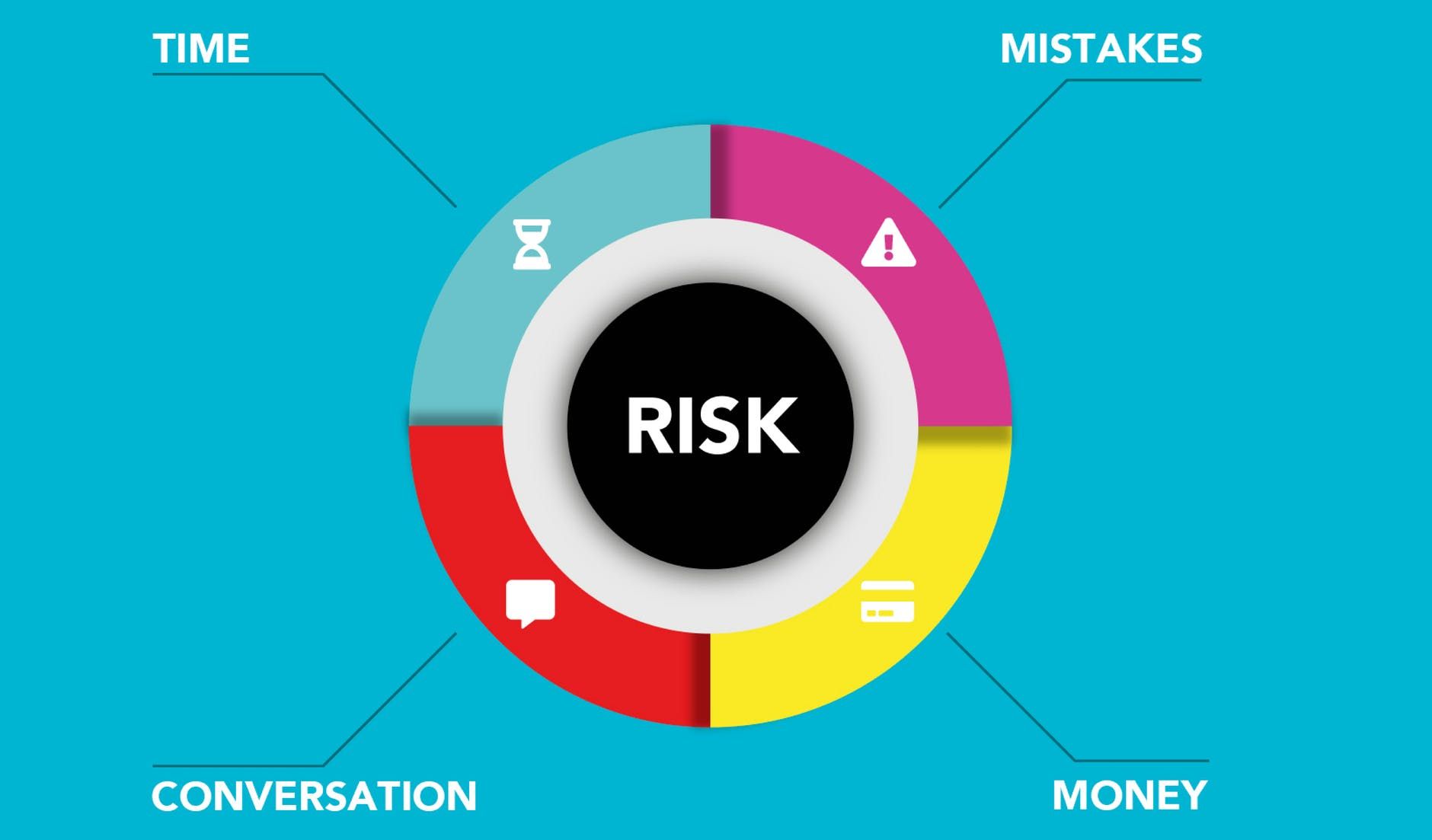Abandon All Hope! You are in a losing battle when it comes to money.
Gabor Balint • 14 May 2020
Why you should not always believe headlines and titles
Did I get your attention? If so, I have been able to put my recent engagement with the outside world to good use: you see I watched two pieces of broadcasting over the past few days where the headline and blustery content had virtually nothing to do with the actual information/thoughts/message that gave rise to the appearances. The first, since you asked, was Boris’s ill-timed and ill-delivered message about the next phase in the UK’s efforts to control COVID-19; having read the actual plan behind it, you could be forgiven for thinking that our PM either did not read the document or only took away a single item from it. The other was an ‘entertaining’ trip down memory lane with Noam Chomsky, as he spoke for an hour at the Cambridge Union Online but not about the advertised topic but his armchair socialist views and re-hashed Marxism which, for someone like me who has actually experienced the real experiment in Moscow for nearly six years just as the system collapsed, was quite ironic, naive and ill-informed.
But! But! Both of them attracted huge audiences and, given that I am neither the PM nor a world famous academic, this leaves me with the conclusion that - in order to attract attention - I need to create the craziest of headlines. Then, because I want this blog to be more useful than Boris’s and Noam’s briefings, I can actually tell you something that is informative and relevant to your life. So, on to money and your attitudes.
First up, the main message: no-one is out to get you, least of all money, you should not abandon hope and, instead, you should feel confident that you have every opportunity and tool in your head to manage your relationship with money. It has been very interesting to watch how some authors, organisations, media (social and anti-social) frame this: far too often as ‘Your Money or Your Life’ or ‘Would You Rather Have More Time Or More Money?’ or the endless tips for 'managing money'. Blimey, this makes it sound like there is an almighty conflict underway and this money beast needs careful management otherwise it will do something unpleasant to you and me.
Well, nothing could be farther from the truth, actually. I have to refer back to one of my earlier blogs and Daniel Kahneman’s work on studying how we make decisions. Positioning money like this constant struggle is a typical trick of the brain finding an easier substitute and making a snap judgement. It is also very helpful for those who want to appeal to your simplifying mind to scare you into a reaction to buy their book. The good news is that you and your brain are better than this and fully well capable of making a more fruitful effort to recognise money for what it is and how to deal with it.
The concept of financial literacy doesn’t have to strike fear into people and conjure up unhelpful and misleading framing and negative emotions any more than the general concept of literacy: after all, we all managed to learn to read and write and enjoy poetry, novels, books, personal expression, etc. Money is not different and if you were capable of reading great writers and poets, you would be equally able to master the skills of appreciating money for what it is: an outcome of your decisions and actions and, also, the facilitator of possibilities.
Money in itself doesn’t need to be managed. It will not take anything from you and it will not force you into false choices. The one who does that is you. Money is an outcome of your attitudes and decisions. We live in a society where an awful lot of things we do have some link to money – most often expressed as price – but you only pay or receive that price if you make a decision to proceed. It’s what you do with your own actions that determines a monetary outcome. There is a very simple way of increasing your financial literacy: looking into that mirror more often and asking yourself why and what you want to do and what the financial impact of your decision would be. This will work like a treat for most of you – apologies to the vampires, I am still working on an alternative solution for them :-)
So go ahead and look in that mirror, stop for a moment and allow your brain to catch up and make a better informed decision. I guarantee you will soon cease to see money as a fancy beast that needs careful management and, instead, dealing with it will become just as ordinary as deciding whether to wear a coat on an unseasonably cold day in May or not. And, as always, if you need any help with this, you know where to find me.









